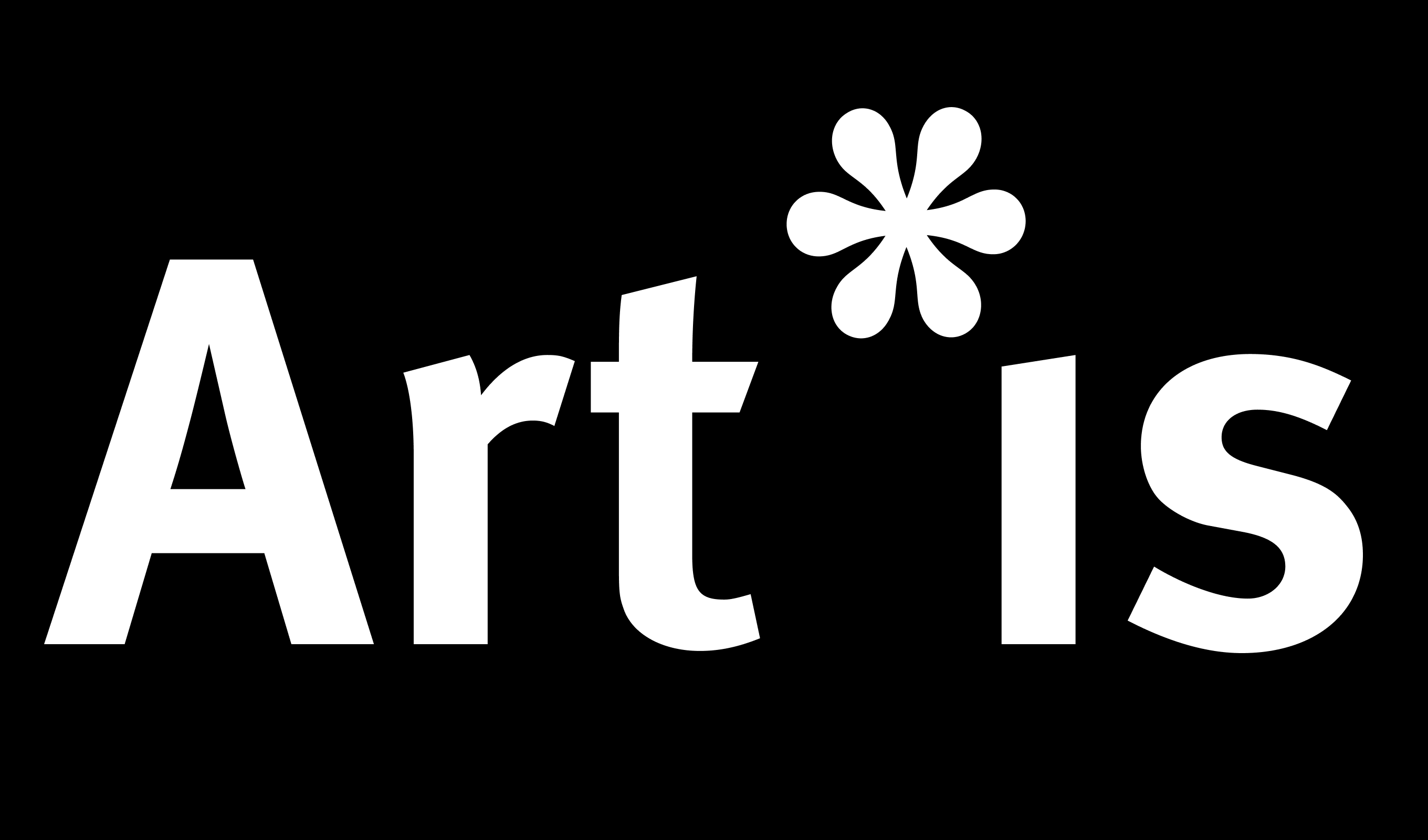Demmer, T. R., Kühnapfel, C., Fingerhut, J., & Pelowski, M. (2023). Does an emotional connection to art really require a human artist? Emotion and intentionality responses to AI- versus human-created art and impact on aesthetic experience. Computers in Human Behavior, 107875. https://doi.org/10.1016/j.chb.2023.107875
Fingerhut, J. (2020). Habits and the enculturated mind: Pervasive artifacts, predictive processing, and expansive habits. In F. Caruana & I. Testa (Eds.), Habits (1st ed., pp. 352–375). Cambridge University Press. https://doi.org/10.1017/9781108682312.018
Fingerhut, J., Gomez-Lavin, J., Winklmayr, C., & Prinz, J. J. (2021). The aesthetic self. The importance of aesthetic taste in music and art for our perceived identity. Frontiers in Psychology, 11, 577703. https://doi.org/10.3389/fpsyg.2020.577703
Fingerhut J. (2021). Enacting Media. An Embodied Account of Enculturation Between Neuromediality and New Cognitive Media Theory. Frontiers in Psychology, 12, 635993. https://doi.org/10.3389/fpsyg.2021.635993
García-Esparza, J.A., Negru, M., Hein, C. & Rogač Mijatović, L. (2023). Cultural heritage as an inspiration for place-making in the historic city: A transversal approach, in: Placemaking in Practice – Experiences and Approaches from a Pan-European Perspective (1). Brill.
Heimann, K., Boelsbjerg, H. B., Allen, C., van Beek, M., Suhr, C., Lübbert, A., & Petitmengin, C. (2022). The lived experience of remembering a ‘good’ interview: Micro-phenomenology applied to itself. Phenomenology and the Cognitive Sciences. https://doi.org/10.1007/s11097-022-09844-4
Hegenbart, S. (2022). From Bayreuth to Burkina Faso: Christoph Schlingensief’s Opera Village Africa as postcolonial Gesamtkunstwerk? Leuven University Press.
Kühnapfel, C., Fingerhut, J., Brinkman, H., Ganster, V., Tanaka, T., Specker, E., Mikuni, J., Güldenpfennig, F., Gartus, A., Rosenberg, R., & Pelowski, M. (2023). How Do We Move in Front of Art? How Does This Relate to Art Experience? Linking Movement, Eye Tracking, Emotion, and Evaluations in a Gallery-Like Setting. Empirical Studies of the Arts, 0(0). https://doi.org/10.1177/02762374231160000
Kühnapfel, C., Fingerhut, J. & Pelowski, M. (2023), The Role of the Body in the Experience of Installation Art: A Case Study of Visitors’ Bodily Experience in Tomás Saraceno’s “in orbit.” Frontiers in Psychology, 14. doi: 10.3389/fpsyg.2023.1192689
Goutrié, C. (2022). Rassismus- und herrschaftskritische Faktographie. Zeitschrift für Medienwissenschaft, 14(26), 24–36. https://doi.org/10.25969/MEDIAREP/18123
Richard, A., Pelowski, M., Spee, B. (Eds). (2023). Art and Neurological Disorders—Illuminating the Intersection of Creativity and the Changing Brain. Current Clinical Neurology Series. Springer Nature Switzerland AG, Humana Press: Cham, Switzerland. ISBN 978-3-031-14723-4. https://doi.org/10.1007/978-3-031-14724-1
Spee, B. T. M., Sladky, R., Fingerhut, J., Laciny, A., Kraus, C., Carls-Diamante, S., Brücke, C., Pelowski, M., & Treven, M. (2022). Repeating patterns: Predictive processing suggests an aesthetic learning role of the basal ganglia in repetitive stereotyped behaviors. Frontiers in Psychology, 13, 930293. https://doi.org/10.3389/fpsyg.2022.930293
Stamkou, E., Brummelman, E., Dunham, R., Nikolic, M., & Keltner, D. (2023). Awe Sparks Prosociality in Children. Psychological Science, 0(0). https://doi.org/10.1177/09567976221150616
Trupp, M. D., Bignardi, G., Chana, K., Specker, E., & Pelowski, M. (2022). Can a Brief Interaction With Online, Digital Art Improve Wellbeing? A Comparative Study of the Impact of Online Art and Culture Presentations on Mood, State-Anxiety, Subjective Wellbeing, and Loneliness. Frontiers in Psychology, 13, 782033. https://doi.org/10.3389/fpsyg.2022.782033
Trupp, M. D., Bignardi, G., Specker, E., Vessel, E. A., & Pelowski, M. (2023). Who benefits from online art viewing, and how: The role of pleasure, meaningfulness, and trait aesthetic responsiveness in computer-based art interventions for well-being. Computers in Human Behavior, 145, 107764. https://doi.org/10.1016/j.chb.2023.107764
Pelowski, M., Specker, E., Boddy, J., Immelmann, B., Haiduk, F., Spezie, G., Ibáñez de Aldecoa, P., Jean-Joseph, H., Leder, H., & Markey, P. S. (2022). Together in the dark?: Investigating the understanding and feeling of intended emotions between viewers and professional artists at the Venice Biennale. Psychology of Aesthetics, Creativity, and the Arts. https://doi.org/10.1037/aca0000436
Pelowski, M., Spee, B. T. M., Arato, J., Dörflinger, F., Ishizu, T., & Richard, A. (2022). Can we really ‘read’ art to see the changing brain? A review and empirical assessment of clinical case reports and published artworks for systematic evidence of quality and style changes linked to damage or neurodegenerative disease. Physics of Life Reviews, 43, 32–95. https://doi.org/10.1016/j.plrev.2022.07.005
Pelowski, M. (2023). Can art have a positive impact on society? EU Research, Winter 2023 (37), 38–39. https://issuu.com/euresearcher/docs/artis_eur36_h_res
Perez Matos, J. A., Richard, A., Spee, B. T., & Pelowski, M. (2021). Neurodegenerative diseases, art and creativity: Therapeutic implications. Neurodegenerative Disease Management, 11(3), 187–192. https://doi.org/10.2217/nmt-2021-0012
Rogač Mijatović, L., Ristic, M. &Martinoli, A. (2023). Creativity and innovation: Perspectives and challenges of the future; In: Ristić, M; Martinoli, A; Rogač Mijatović, Lj. (ed.) (2022) Creativity and innovation in theatre, radio and culture: visions and values for the future. Faculty of Dramatic Arts, Institute for Theatre, Film, Radio and Television. in preparation.
